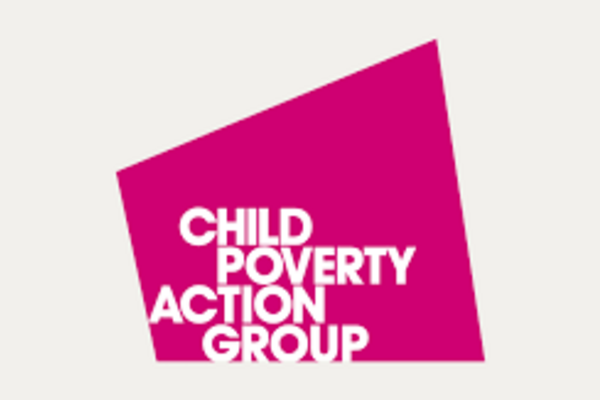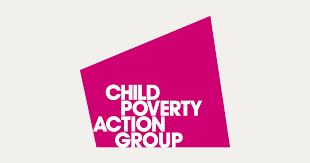As food bank use continues to soar to unprecedented levels, the Independent Food Aid Network (IFAN) wants to see the UK without the need for charitable food aid, where adequate and nutritious food is affordable to all.
But what is driving increasing demand for food aid? What is the problem with responding to food insecurity this way? What role do cash payments play as responses to poverty and destitution? And why is a ‘cash first’ approach the way forward?
By Sabine Goodwin and Maria Marshall
Just over a decade ago, we didn’t hear about large numbers of people struggling to afford food, toiletries, rent and heating. Having to rely on social security payments didn’t mean waiting for at least five weeks for a first universal credit (UC) payment, getting support for only two children, and risking sanctions for being a couple of minutes late to a Jobcentre appointment.
Being in work meant security and adequate wages, not having to still resort to a food bank to feed your family while keeping a roof over your head.
Back then, if people faced a crisis, it was possible to rely on support from your local authority whether you lived in England, Scotland, Wales or Northern Ireland. In 2013, the UK government eliminated the discretionary social fund that provided local crisis support and left local authorities and their residents in limbo except for unsatisfactory local welfare assistance.
Now, for people in many local authorities in England who run out of money because of an unexpected event, there is no local crisis support at all. In Scotland, Wales and Northern Ireland the discretionary social fund was replaced with alternative crisis support systems.
Fast forward 11 years and spiralling food bank figures have made headline news again and again.
As we head into a long‐awaited election year, it’s clearer than ever that the millions and millions of emergency food parcels distributed by the Trussell Trust, Salvation Army, independent food banks, schools, universities, advice providers, housing associations and hospitals haven’t been able to prevent rising poverty in the UK. As many as 3.8 million people were classed as destitute by the Joseph Rowntree Foundation (JRF) in 2022.







